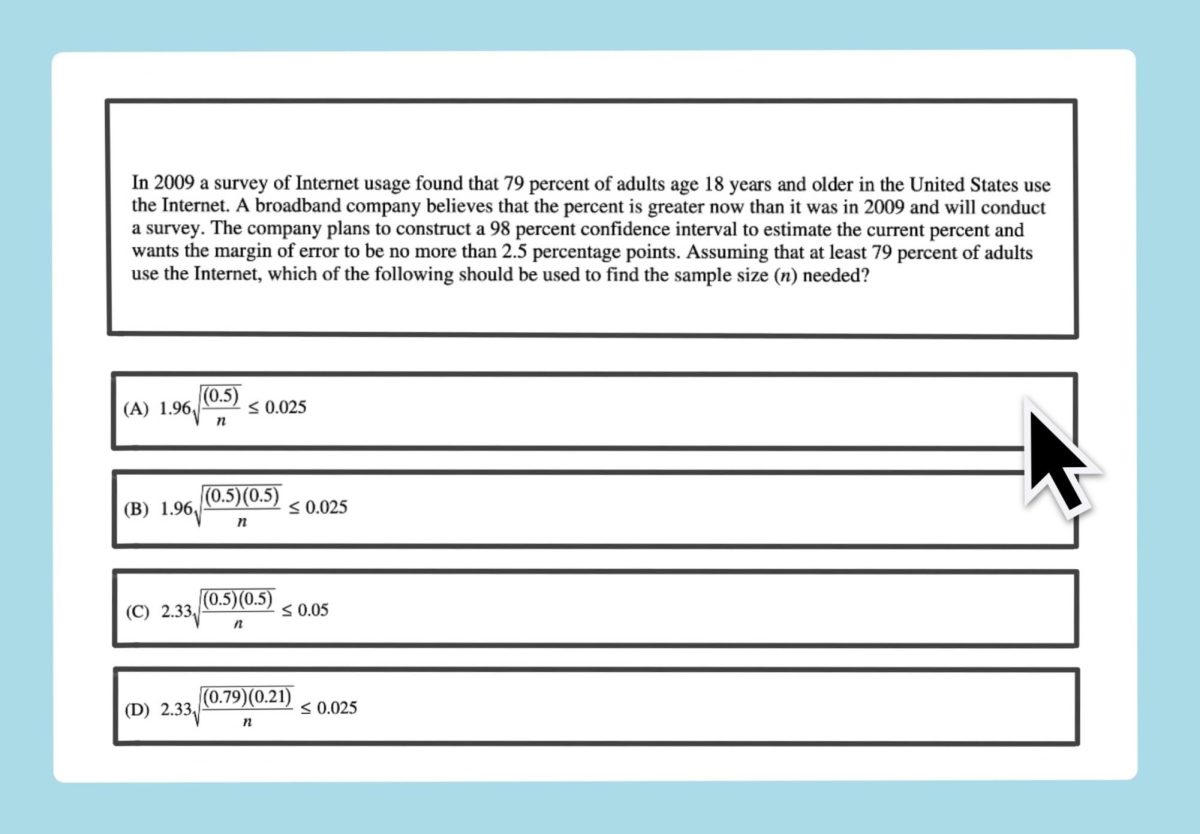
The recent discovery of illusive gravitational waves, which were predicted by Albert Einstein 100 years ago, has made headlines across the nation. The waves caused a miniscule distortion in spacetime about 1/1000th the size of a proton. The temporary change in size was picked up by the most sensitive and accurate measurement tool ever made, twin detectors collectively known as the Laser Interferometer Gravitational-Wave Observatory or LIGO.
Many scientists at a variety of institutions helped with the creation of LIGO, including Brian Lantz, a Grady alumnus.
Lantz graduated from Grady in 1988. He was part of the communications magnet. At Grady, Lantz took a physics class taught by a volunteer from Bell Labs, Art Judy. Lantz was greatly influenced by this experience, and took more physics and calculus classes at Georgia Tech via dual enrollment. After receiving a Bachelor’s degree and Ph.D in physics from MIT, he went on to a post-doctoral program at Stanford University. Currently, Lantz works in Stanford’s Ginzton lab as the lead scientist for seismic isolation and alignment systems for Advanced LIGO designing components to make LIGO’s measurements as accurate as possible.
“As my mother-in-law says, we build these big tables that don’t move,” Lantz said. “We can reduce the vibrations of the ground at one Hertz by a factor of 1,000. That very low vibration platform that the mirrors are mounted on makes the whole machine more reliable and gives it much better performance.”
LIGO is most effective with a small degree of outside interference.
“The machine itself is a very sensitive way of measuring the distance between several mirrors,” Lantz said. “When a gravitational wave goes past, it takes the spacetime and it distorts spacetime, so if you measure the distance be- tween some mirrors and you see that the distance between the mirrors is changing, but that none of the mirrors are moving, then that’s the kind of signal we are looking for.”
On Sept. 14, 2015, at the same time, one detector in the Hanford Site, a mostly retired compound for nuclear production in the state of Washington, and another in Livingston, La. received that exact signal. After months of analysis, the scientists determined that LIGO had directly observed gravitational waves that resulted from the merging of two black holes 1.3 billion light-years away. This marked the first time that the waves had ever been directly observed, and it came relatively soon after Advanced LIGO began collecting data.
The initial LIGO detectors went online in 2002. No gravitational waves, however, were detected between 2002 and 2010. The two detectors underwent upgrades making them four times more sensitive and began recording data again in September 2015. They recorded the first event soon after, making Lantz optimistic.
“The first 16 days that we have processed for data from the observing run, we have one event, Lantz said. “It is likely that as we process more data, we’ll see more stuff. We have about two more months of data that we’re still processing, and we’re hoping that we’ll see more events in that.”
But the rapid discovery was only one facet of the observation that excited Lantz and the other scientists. The first observed gravitation- al waves came from the first observed binary black hole system.
“The initial thought I had is that we were incredibly fortunate because seeing two black holes was something that we had hoped for,” Lantz said. “But since no one had ever done it before, we had no idea how likely it was that we’d be able to see it.”
This first detection will not be the last though. According to Lantz, the goal of LIGO is to begin a new method of astronomical observations. Gravitational wave data will be combined with data that scientists already collect such as electromagnetic radiation and neutrino observation to give a more complete picture of the universe.
“LIGO is one of those things that the national science foundation does because it allows us to look out and help understand the universe that we live in,” Lantz said. “When I look up at the stars at night I think that the universe is really a beautiful and unusual place. I think that being able to understand how the universe works puts you in a little better communication with it, which I think is a worthwhile thing for humanity to be doing.”
Even though he spends his time working on ground-breaking science discoveries, Lantz never forgets his time as a student at Grady.
“All of the stuff [I] learned in debate and English class and the communications — stuff that [I] did at Grady is probably just as useful to me on a day-to-day basis as all of the math and science that I learned,” Lantz said. “We spend a lot of time telling people about what it is that we’re doing; communications is a really important part of that. So, I’m glad I went to Grady.”







